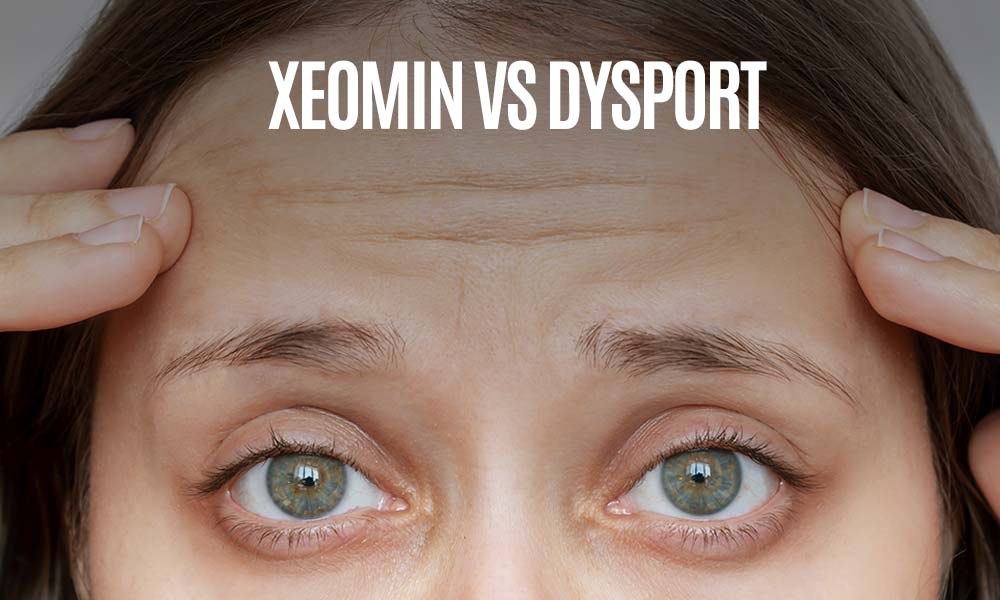
Home /
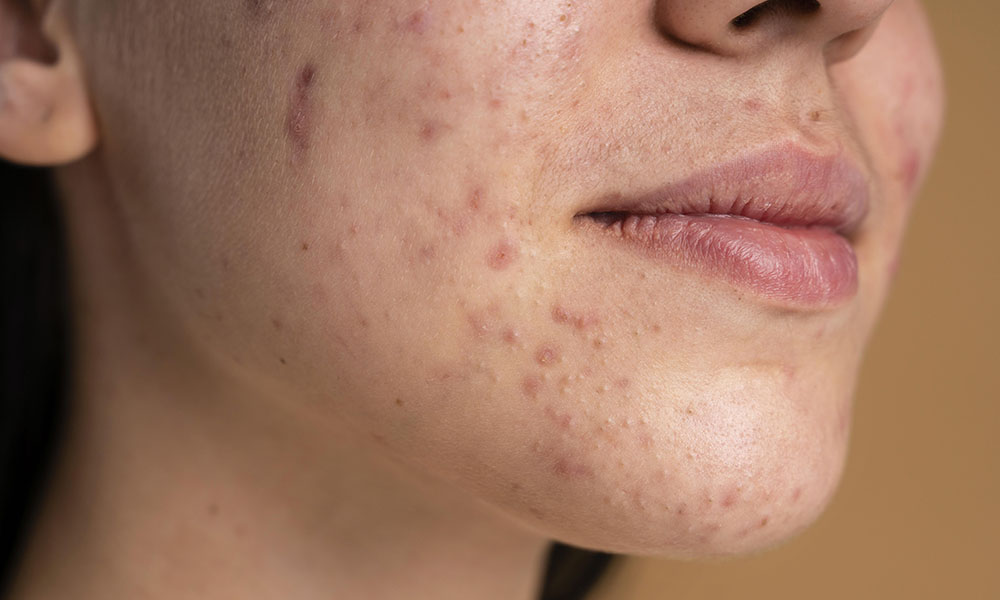
Have you ever stood in front of the mirror, running your fingers over those stubborn acne scars, wondering if they’ll ever fade?
Acne might be gone, but the scars it leaves behind often stick around like unwanted guests. If you’ve heard about tretinoin and are curious whether it can help with acne scars, you’re in the right place.
The struggle with acne scars isn’t just skin-deep, it affects confidence and self-esteem. Let’s dive into how tretinoin might be the game-changer you’ve been searching for.
Tretinoin, derived from vitamin A, is a superstar in the world of dermatology. It’s a type of retinoid commonly used for treating acne, reducing signs of aging, and yes improving the appearance of acne scars.
Tretinoin accelerates cell turnover, meaning it helps your skin shed dead cells and produce new ones faster. This process:
The short answer is yes, but it’s a bit nuanced.
Tretinoin is fantastic for fading those dark spots left behind after acne. It lightens hyperpigmented areas by promoting even skin cell turnover.
These are the indented scars caused by a loss of tissue. While tretinoin may not completely erase them, it can significantly improve their appearance by stimulating collagen.
By keeping pores clear and reducing inflammation, tretinoin helps prevent future breakouts, which, in turn, means fewer new scars.
Your skin needs time to adjust. Begin by using tretinoin every other night, then gradually increase to nightly use.
Tretinoin makes your skin more sensitive to the sun. Use a broad-spectrum sunscreen with SPF 30 or higher.
Pair tretinoin with a hydrating moisturizer to minimize dryness and peeling.
Results take time. Most people see noticeable improvement within 12 weeks but continued use yields better results.
If tretinoin hasn’t given you the results you’re looking for, don’t lose hope. There are several other effective treatments for acne scars that might work better for your skin’s unique needs. Each option targets scars differently, so understanding what’s available can help you make an informed decision.
Chemical peels use exfoliating agents like glycolic or salicylic acid to remove the top layers of skin, promoting smoother skin texture and reducing discoloration. They’re particularly effective for surface-level scars and post-inflammatory hyperpigmentation. Depending on the depth of your scars, your dermatologist may recommend a light, medium, or deep peel.
Microneedling involves the use of tiny needles to create micro-injuries in the skin, stimulating collagen and elastin production. This treatment is highly effective for atrophic scars (like boxcars or rolling scars) and can significantly improve skin texture over time.
Laser treatments, such as fractional CO2 or erbium lasers, target deeper layers of the skin with precision to resurface scarred tissue. This method is excellent for reducing the appearance of severe scars but often requires multiple sessions for optimal results.
For depressed scars, dermal fillers like hyaluronic acid or collagen-based injections can temporarily plump up the skin, giving it a smoother, more even appearance.
For stubborn scars, combining tretinoin with one of these therapies under a dermatologist’s guidance often yields the best results, helping you achieve smoother, more radiant skin.
Tretinoin is a powerful ally in the fight against acne scars. While it won’t make them disappear overnight, consistent use can fade discoloration, improve texture, and boost collagen production for smoother, healthier skin.
If acne scars are still weighing you down, it might be time to explore tretinoin or consult a dermatologist for a tailored treatment plan. Your skin deserves the best care, and so do you!
Take the first step toward clearer skin, book a consultation today at Forever Young Medispa.
It depends on the severity of your scars, but most users notice improvements within 3-6 months. Consistency is key!
Yes, it’s common to experience a purge phase where breakouts may worsen temporarily as clogged pores clear out.
Tretinoin is generally safe but can irritate sensitive skin. Start with a lower concentration and consult a dermatologist if you’re unsure.
Yes, but avoid combining it with other strong exfoliants or acids unless directed by a doctor.
No, tretinoin requires a prescription in most countries. However, you can discuss alternatives like retinol, which is less potent but available OTC.

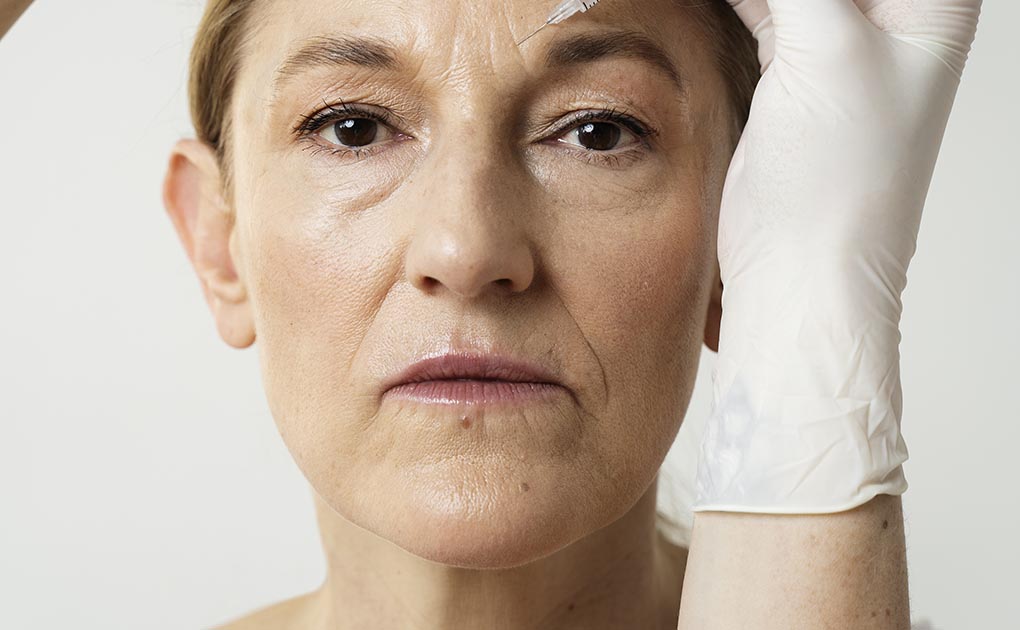
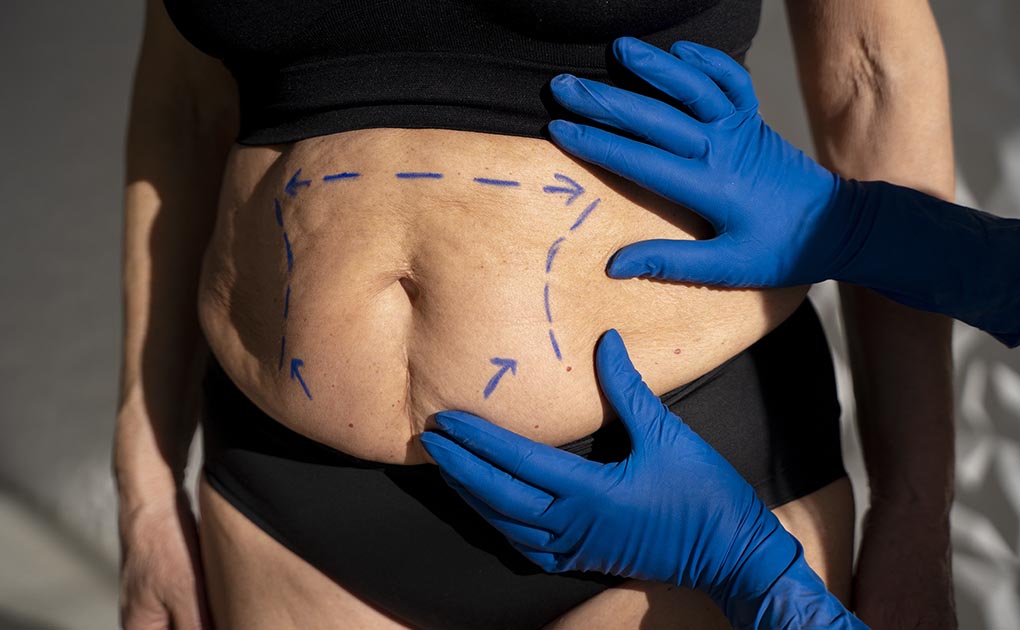
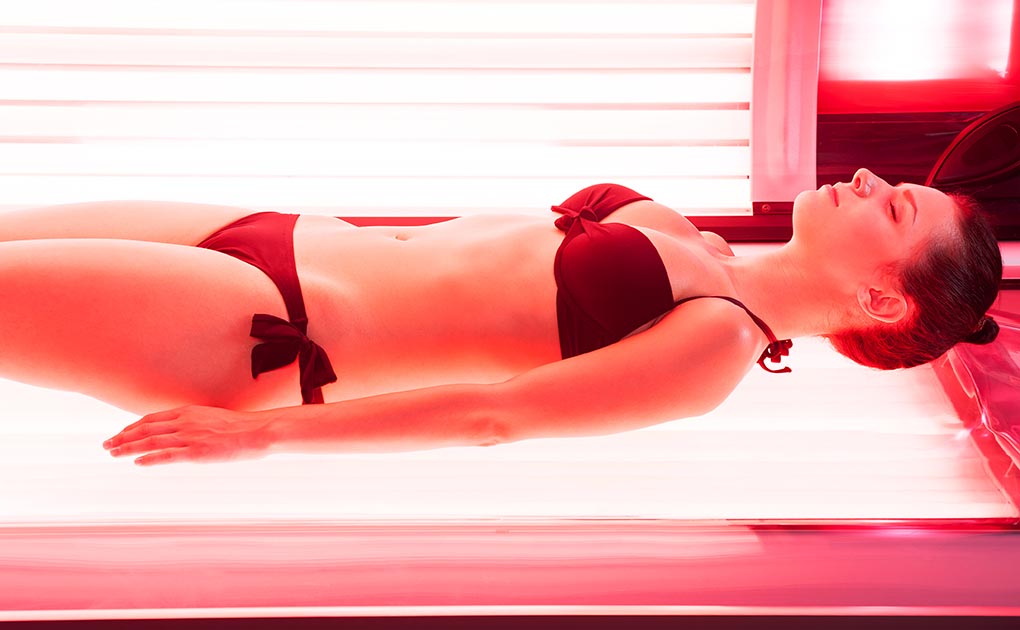

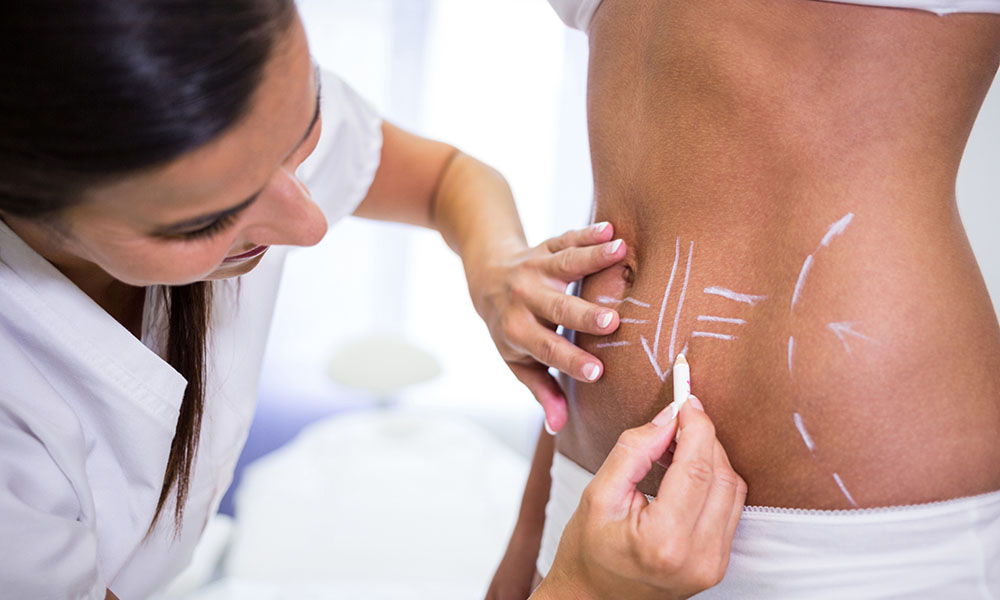
Join our email list for new treatment updates, promotions, special events + more!